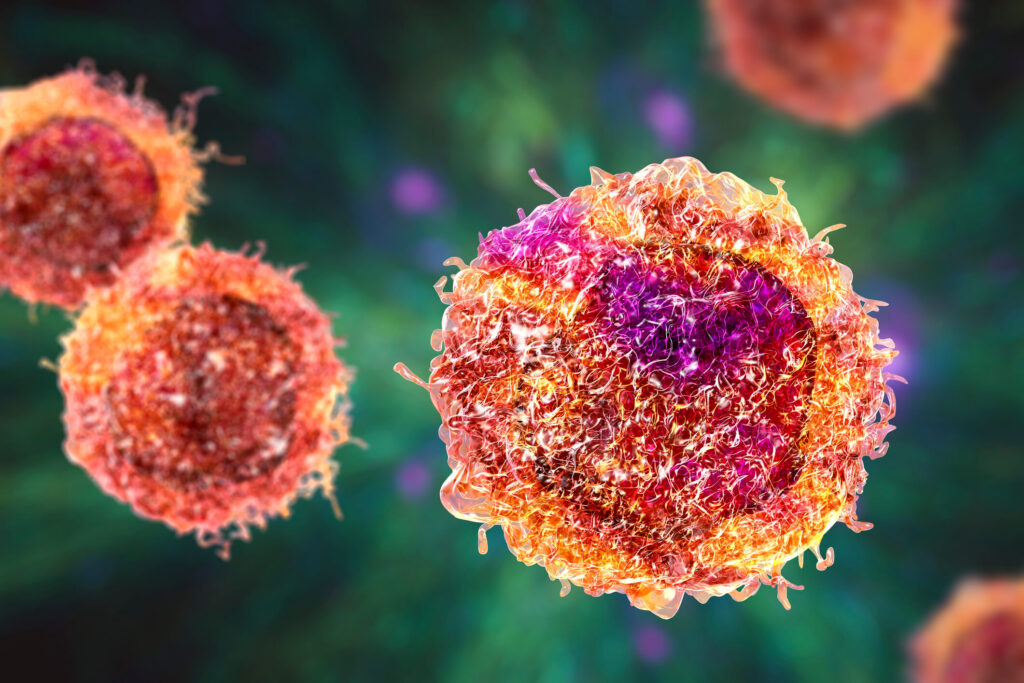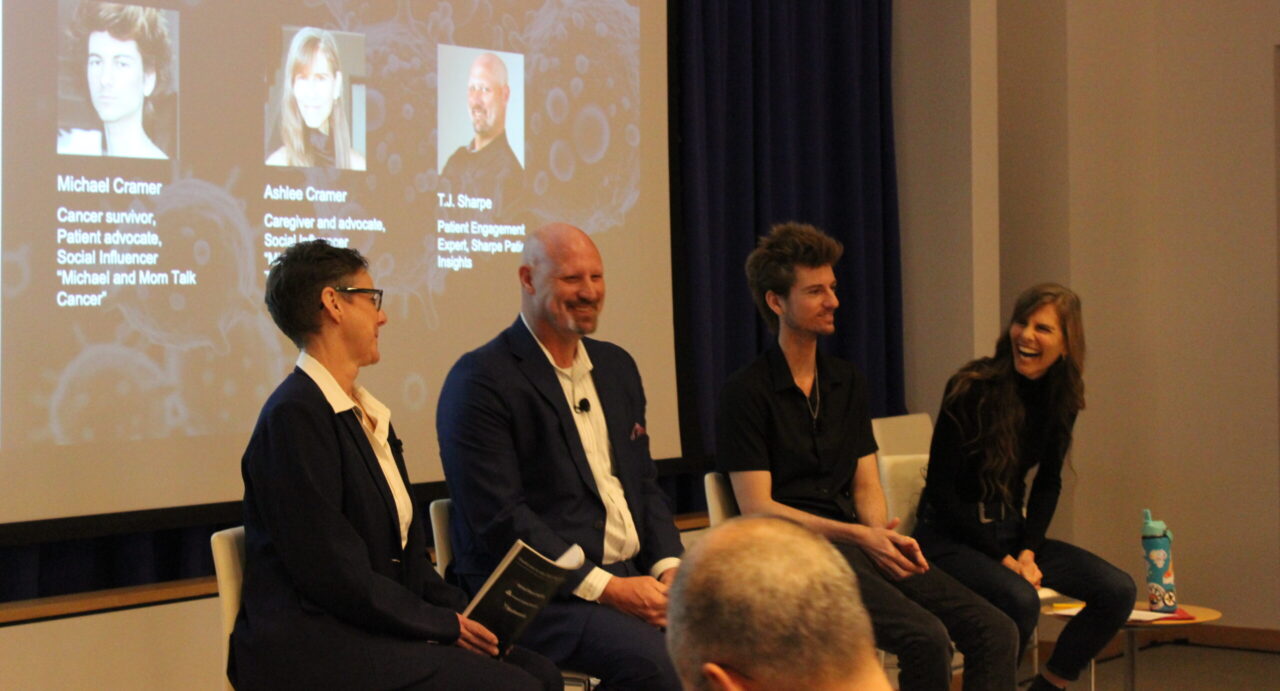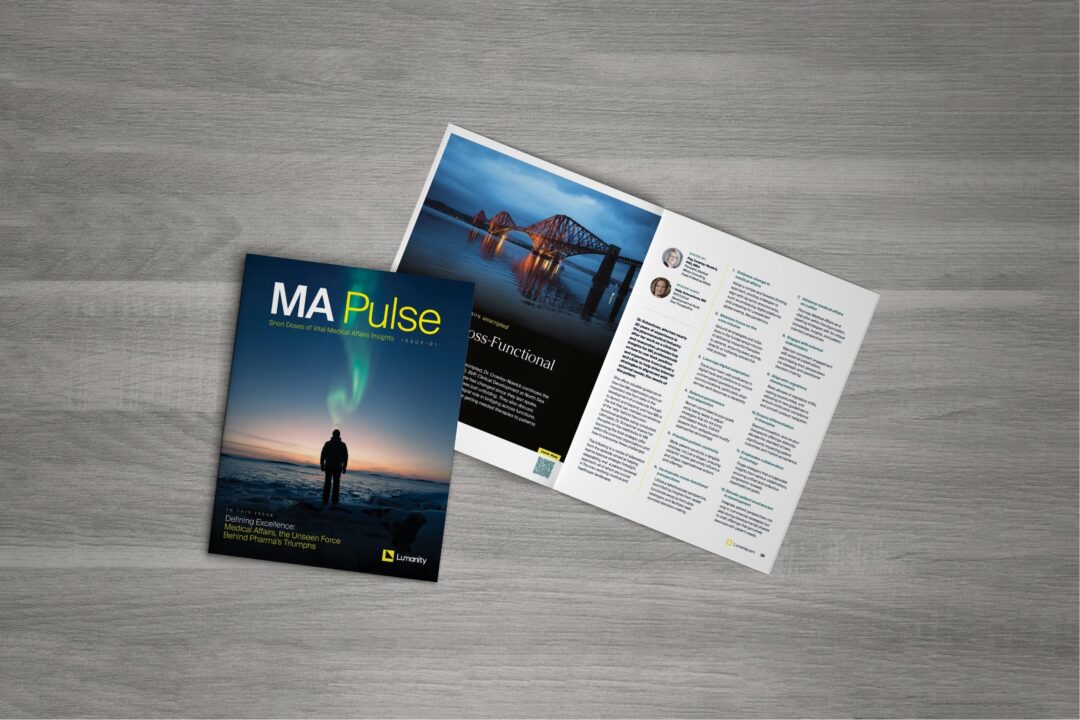On Thursday October 10, 2024, the National Centre for Pharmacoeconomics (NCPE) held its Annual Symposium for 2024. As the organization responsible for conducting health technology assessment (HTA) for drugs in Ireland, it took the opportunity to host a broad range of sessions and spark discussions on how to continue advancing healthcare decision-making. Guest speakers at the symposium included stakeholders from government, academia, pharmaceutical manufacturers, and patient organizations, as well as our own Dr Suzette Matthijsse – each of whom provided insights into their perspective on the Irish drug reimbursement process. We report our key takeaways from the symposium in Dublin.
Contact us
If you would like advice or help on NCPE submissions and navigating the EU HTA Regulation, please contact us.
Improvements in conducting HTA
Niall Redmond, the Assistant Secretary General at the Department of Health, recapped on the Mazars Report – a 2023 review from the Ministry of Health on the governance and funding of reimbursement in Ireland, highlighting two key issues as being transparency and capacity. As a result, the following activities are planned to support improvements in the reimbursement process:
- A recent recruitment drive to tackle capacity issues and reduce current delays. Delays in HTA reviews are currently averaging 6 months, with a slight reduction in number of HTA submissions compared with last year
- Setting up a medicines tracker, which will allow for real-time observation of drugs going through NCPE submissions, to improve transparency
- Allocation of €30 million for new drugs in Ireland in 2025 – the panel expect that there should be no delays accessing this budget
Regarding the delays in reimbursement decisions, there was disagreement on the source of these delays, but agreement overall that improvements on both sides (the manufacturer and the NCPE) are needed, in order to support patient access. Dr Barry (NCPE) highlighted delays on the manufacturer side, from European Medicines Agency (EMA) approval until Rapid Review submission in Ireland. On the manufacturer side, the President of the Irish Pharmaceutical Healthcare Association (IPHA) Shane Ryan spoke on delays in the submission to HTA completion.
The NCPE discussed the EU’s new Joint Clinical Assessment (JCA) and its impact in Ireland. The expectation is that the JCA will lead to a reduced workload and more robust evidence for final reimbursement recommendations. The NCPE plans to update its HTA template to reflect this. Other submission updates include the following:
- Request for pre-submission meeting slides to be shared 5 days in advance, as part of efforts to upskill new NCPE members
- An enhanced focus on the patient voice in HTA decision-making – see below
- An updated budget impact template and guidance. The NCPE flagged that all models submitted must be compatible with Microsoft Excel® 2021

Incorporating the patient voice into HTA
As part of an overall trend in discussions around healthcare, there was a focus on how to better include patients in decision-making on drugs and treatments that affect them. In Ireland, the patient voice is captured via the NCPE’s patient organization submissions process. In his presentation, Mr Fergal Griffin talked on the Neurofibromatosis Association of Ireland’s positive experience of navigating the patient submission process. To note, the NCPE aims to support patient organizations delivering confident submissions via their national patient education program or via ad hoc support. They also called for manufacturers to encourage participation via the NCPE’s patient submission process.

Demonstrating value for cancer therapies and combination medicines
Dr Richard Sullivan of The Institute of Cancer Policy spoke about the domination of oncology in biopharmaceuticals now and in the future, and the increased tolerance to lowering the levels of evidence required to adequately demonstrate efficacy in clinical trials. Dr Caroline Walsh reiterated this; she discussed the challenges with cancer drug HTAs in Ireland with respect to the quality of evidence, the increasing uncertainty with the benefits predicted in cost-effectiveness analysis, and the continued increase in spending on cancer drugs.
From the Belgian Health Care Knowledge Centre (KCE), Dr Mathias Neyt spoke about the use of surrogate endpoints in cancer submissions. He also raised the point that while quality of life should be measured in oncology trials, this is often not the case.
Our own EU Head of Modeling and Analytics, Suzette Matthijsse, presented on the challenges associated with assessing combination therapies and HTA across Europe. She discussed several considerations to tackle these issues. These focused on preparedness, via early strategy and modeling to identify potential uncertainties and maximize the value case and evidence synthesis; collaboration between manufacturers, which can benefit data sharing, value messaging, and ultimately price negotiations; and the use of more flexible pricing methods, which would benefit the affordability of combination therapies. Preparedness and collaboration are key.

Looking to 2025
Keep an eye out for the NCPE’s evolving strategies and initiatives, as well as the broader healthcare landscape in Ireland, which will be significantly shaped by the impending EU HTA Regulation. This regulation promises to streamline health technology assessments across EU member states, ensuring more cohesive and efficient processes. At Lumanity, we can assist you in navigating these changes. Whether you need support with NCPE submissions, early strategic planning, or comprehensive training and preparation for the EU HTA Regulation, including support with JCA submissions, we’re here to help.











